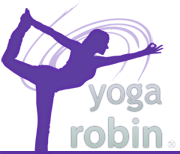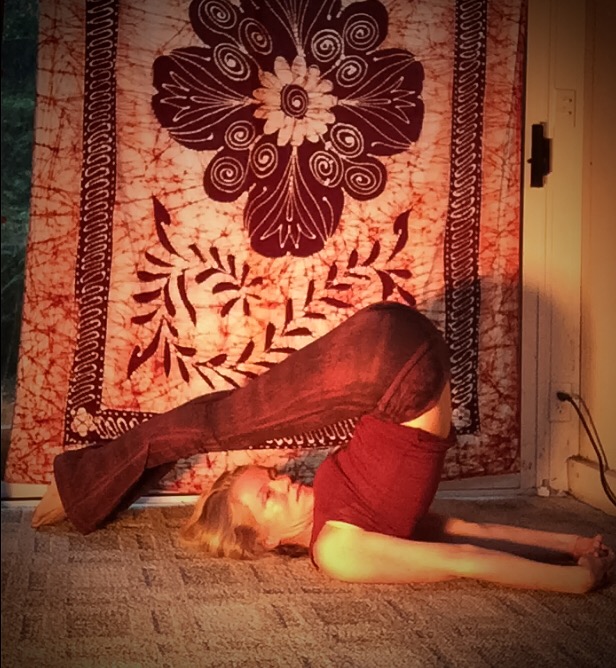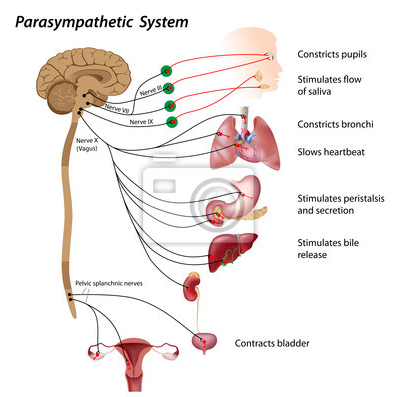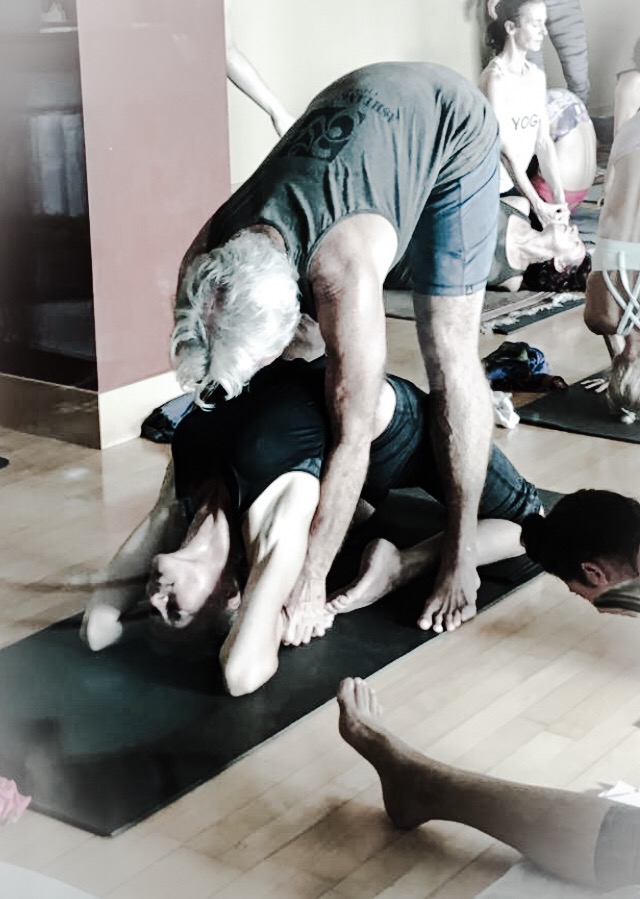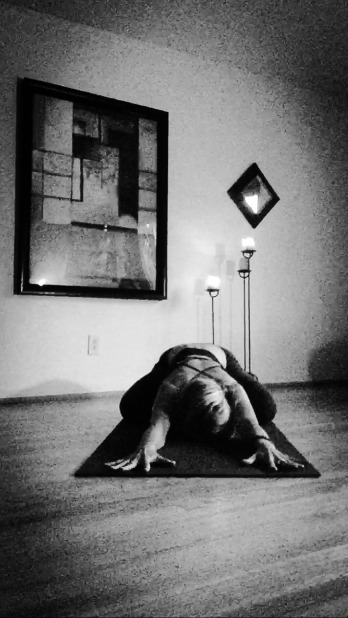 Bow to who you are becoming... (Balasana, image © Yoga Robin®)Are you nervous? Many people do yoga to increase strength and flexibility, to lower stress and to gain mental and spiritual clarity. Those are great reasons. After a yoga practice, no matter which style (e.g., Ashtanga, Iyengar, etc.) you'll undoubtedly be left with an overall feeling of peacefulness that tops the way you felt before you moved your body.
Bow to who you are becoming... (Balasana, image © Yoga Robin®)Are you nervous? Many people do yoga to increase strength and flexibility, to lower stress and to gain mental and spiritual clarity. Those are great reasons. After a yoga practice, no matter which style (e.g., Ashtanga, Iyengar, etc.) you'll undoubtedly be left with an overall feeling of peacefulness that tops the way you felt before you moved your body.
uplift mood, lower stress
Physical exercise in general helps to uplift the mood and lower stress levels; in particular, it diminishes Cortisol, the stress hormone. Ashtanga yoga has an added benefit: nervous system cleansing.
This is especially true in the Ashtanga Intermediate Series, Nadi Shodhana (2nd series), and that is its main purpose. This goes back over 5,000 years. When practiced regularly (5-6 days per week), the "cleansing" of the nervous system can be felt in various ways and many are *not* enjoyable.
nervous system cleanse kicks your ass
It wasn't until after practicing Mysore-style Ashtanga six mornings per week (specifically, half of the Primary Series, full intermediate, and beginning of advance A—takes 2-2 1/2 hours) for approximately nine months that I was able to discuss the nervous system cleanse in a positive light. That is putting it lightly.
It can feel like overall fatigue. All. Day. Long. It can feel like anxiety, over-sensitivity to lights and sounds, depression, obsession, needs to be in solitude, drinking more wine, yet a pervading fearlessness that overrides it all... It can feel overly emotional. It can take over your life and force you to make some big lifestyle changes, like adding an afternoon nap, going to sleep earlier, eating more protein, taking more epsom baths, wondering what is wrong with your life, questioning love, feeling safest while hanging out with your cats, etc. But why do it if it causes so much upheaval to the system?
because it works
Because it works... I like to see the nervous system cleansing as I would any other type of cleanse where you're taking away habits that may be contributing to harm in your body. Whether this be detoxing from sugar, caffeine, or all food in general to clear out the intestines, a cleanse does not necessarily feel good while you're in the process of it. The idea is to rid your body of toxins; on their way out, you feel them full force as they rise to the surface, so to speak.
This is all a great way for me to understand the nervous system cleanses. I was feeling toxins in my nervous system and I was boldly letting them play themselves out, knowing that if they didn't, they would continue to control me from underneath it all. In this case, they were involuntary processes driving me, also affecting me physiologically, and were of a higher intelligence in the mind-body.
It all makes sense. The nervous system directs complex processes (seeing, hearing, tasting, feeling, responding). It regulates the internal environment and links to external environment. It directs the organs in the body so that they don’t act independently of each other; without a nervous system, there’d be chaos inside.
wants to feel that again
When the autonomic nervous system's sympathetic is out of balance, and escalated (fight-or-flight), your body reacts as if it needs to protect itself... your heart beats faster, your body temperature increases, you feel anxious, you feel like a victim, you are triggered by even small incidences (as your nervous system remembers and wants to feel *that* again).
I describe this as an electric feeling that will *not* go away no matter what I do to try to soothe it. It was probably even accompanied by a scared look on my face—or in my aura—that even animals would stay away from me.
Calming this side down illuminates the parasympathetic, bringing calm to your body, heart and soul. Here you can breathe calmly again and the electrical impulses are replaced with a softly-flowing river of prana, bathing you with each breath. Your muscles relax, your mind stops overthinking, you actually are relaxed.
I believe that the nervous system is smarter than the mind. Yet, its direct connection to the mind dissolves the protective boundary as it's easily triggered, vulnerable to the mind's overthinking and worry. A main purpose of yoga in general is complete cessation of the mind, as the thinking mind is what creates suffering.
i've been rewired
I'm different now. Subtleties such as no longer becoming easily startled by spontaneous sounds make me smile when I notice this new involuntary response of calm. The biggest change is an overall lack of emotional triggers that have historically affected me deeply, physically but also unconsciously; those natural responses—harmful ones—have dissolved. That's my reason in a nutshell for waking up each morning at 5:00 a.m. to return again to my mat.
Now I'm able to go to the next level, which used to be more of an act of will power or something that only worked for other people. The best way to feel your spirit and know—without a doubt—your next move in life is to first get STILL. This means, calming the nervous system first so that you can see the magic. Ashtanga Yoga works for me and essential oils are a big help too (next topic :)
Namaste.
~ Robin Ellen Lucas, MA
 Saturday, April 22, 2017 at 7:00PM |
Saturday, April 22, 2017 at 7:00PM |  robin
robin 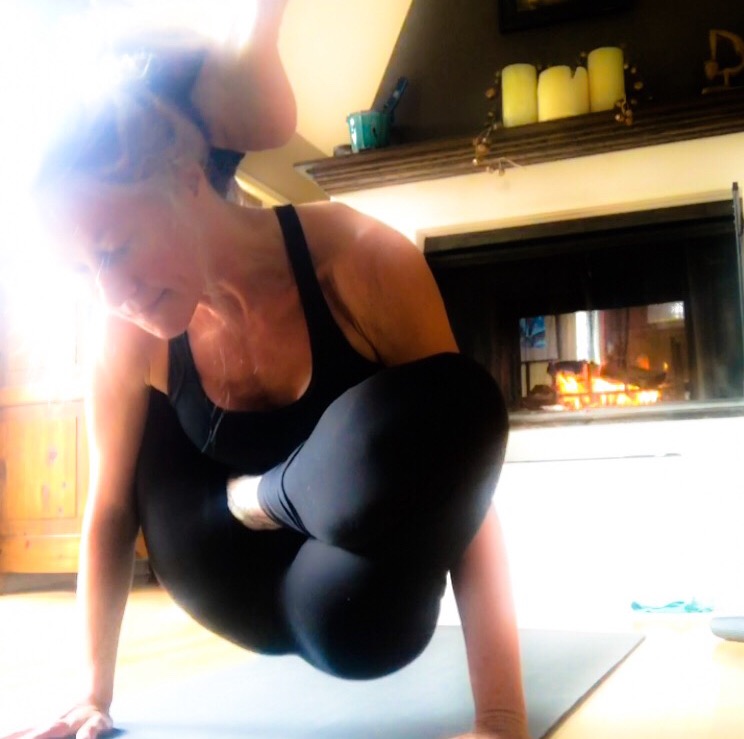
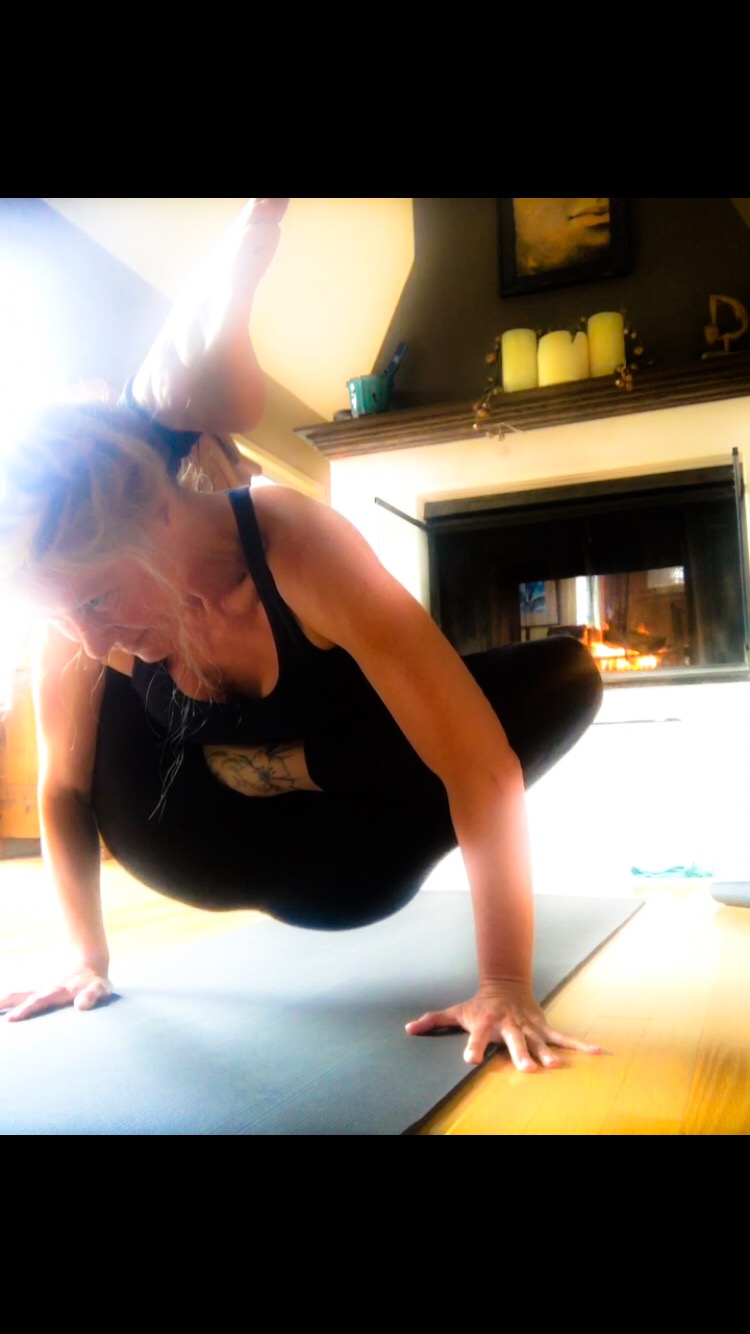
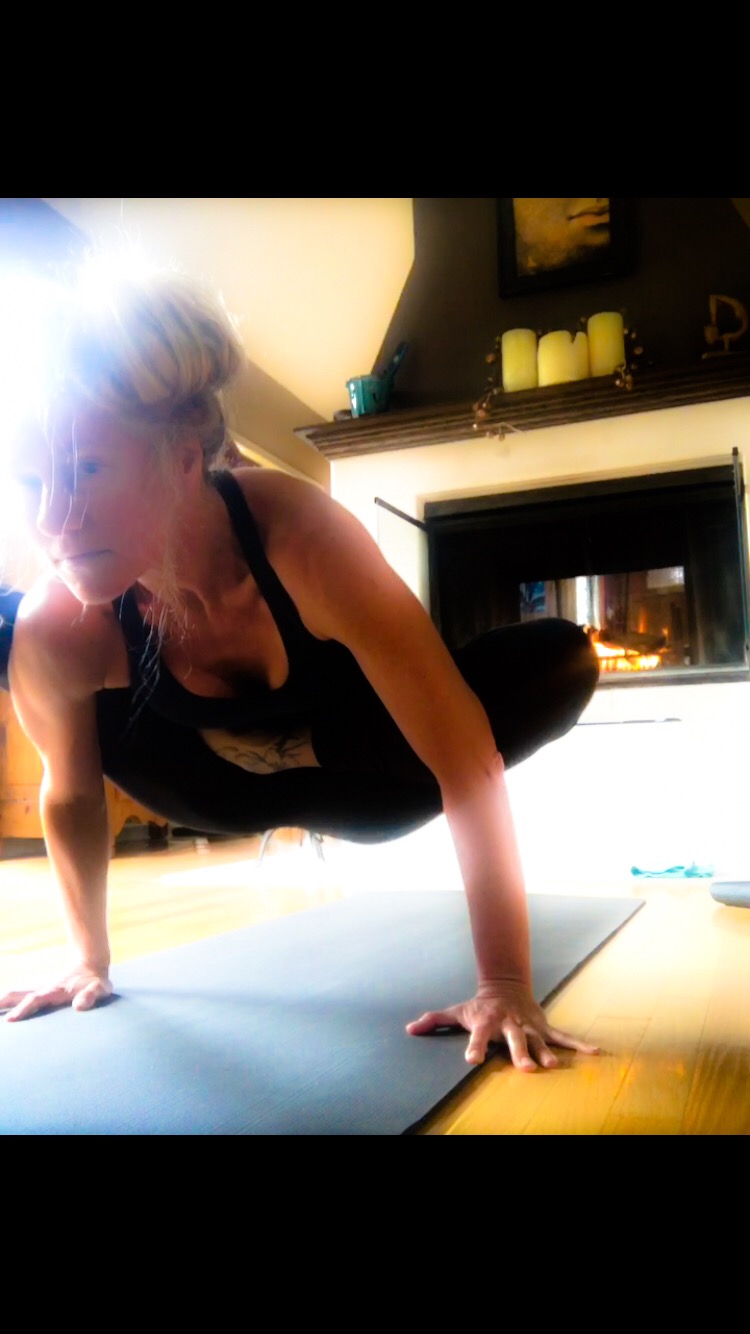
 challenge,
challenge,  emotional health,
emotional health,  nervous system,
nervous system,  sthira bhaga,
sthira bhaga,  trust | in
trust | in  ashtanga yoga,
ashtanga yoga,  mind-body studies
mind-body studies 